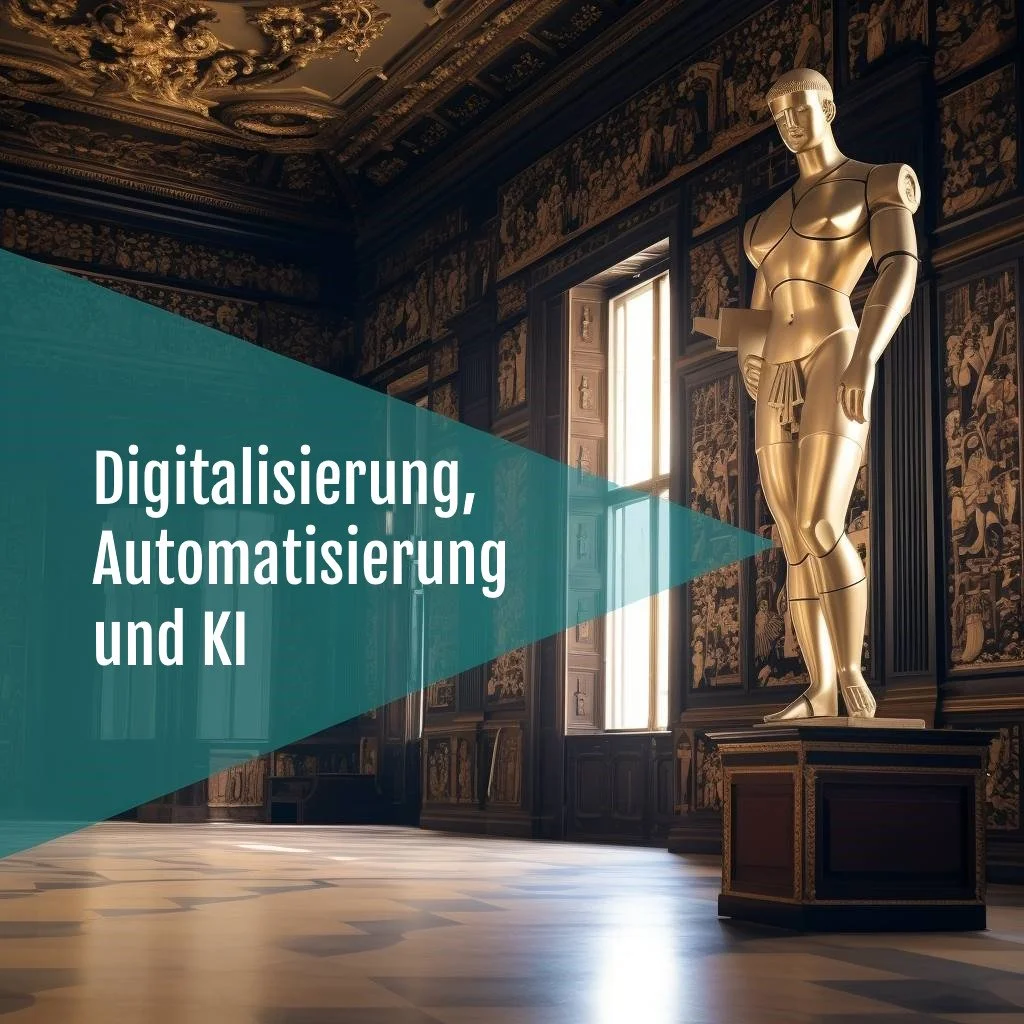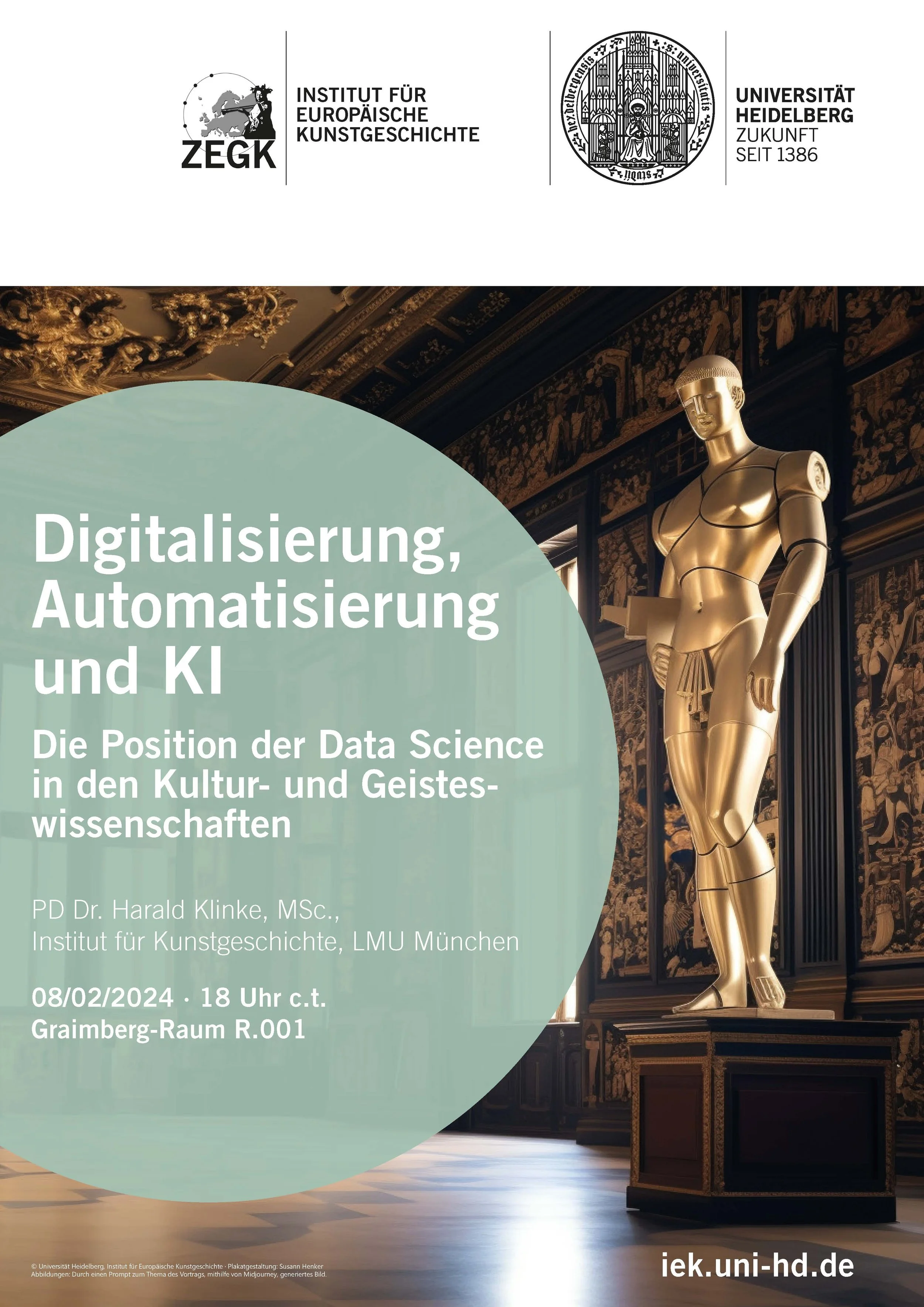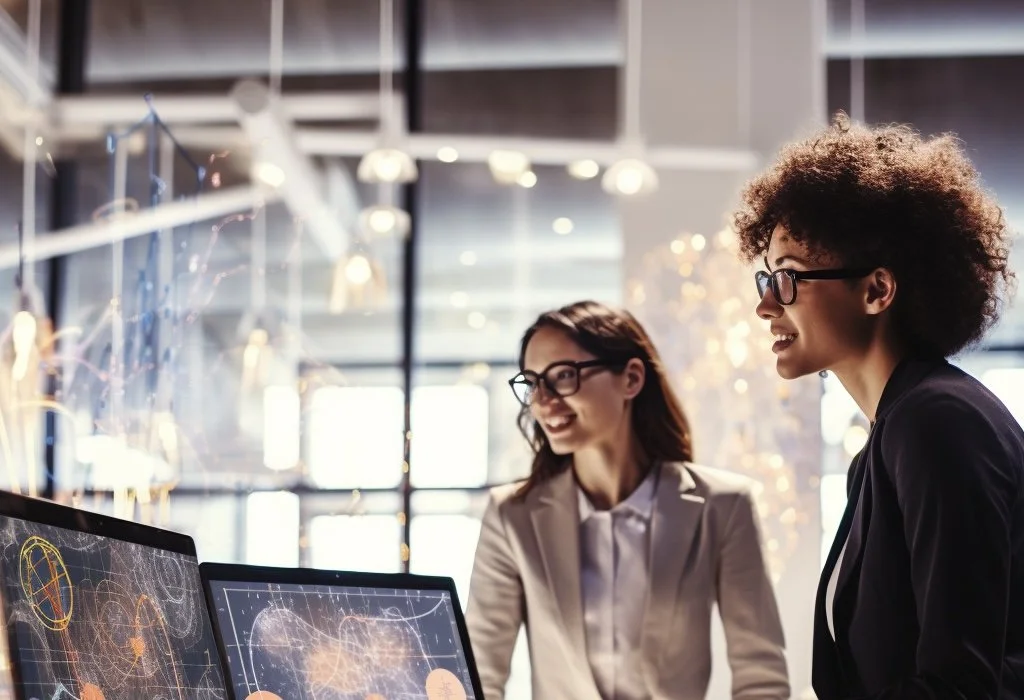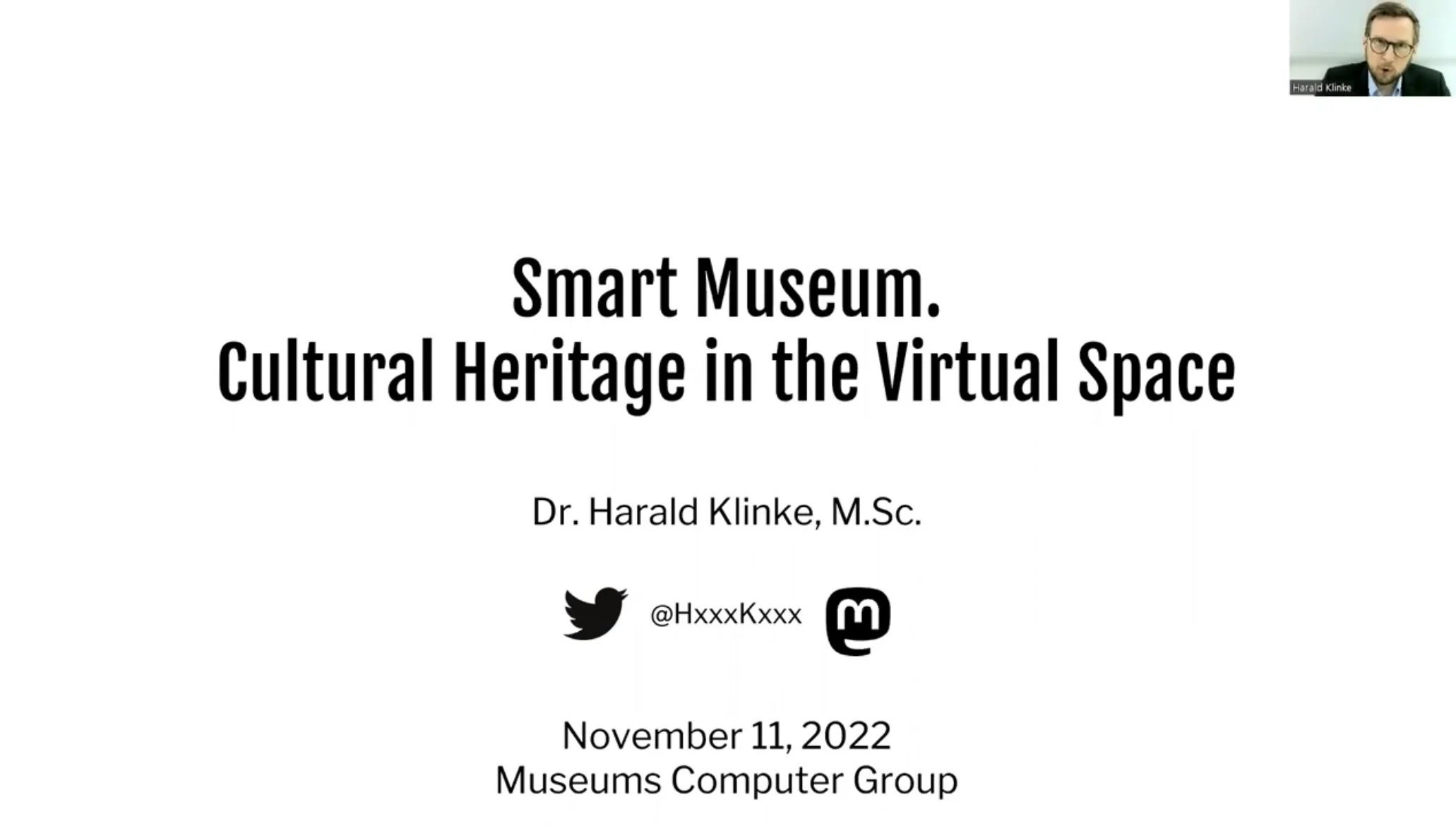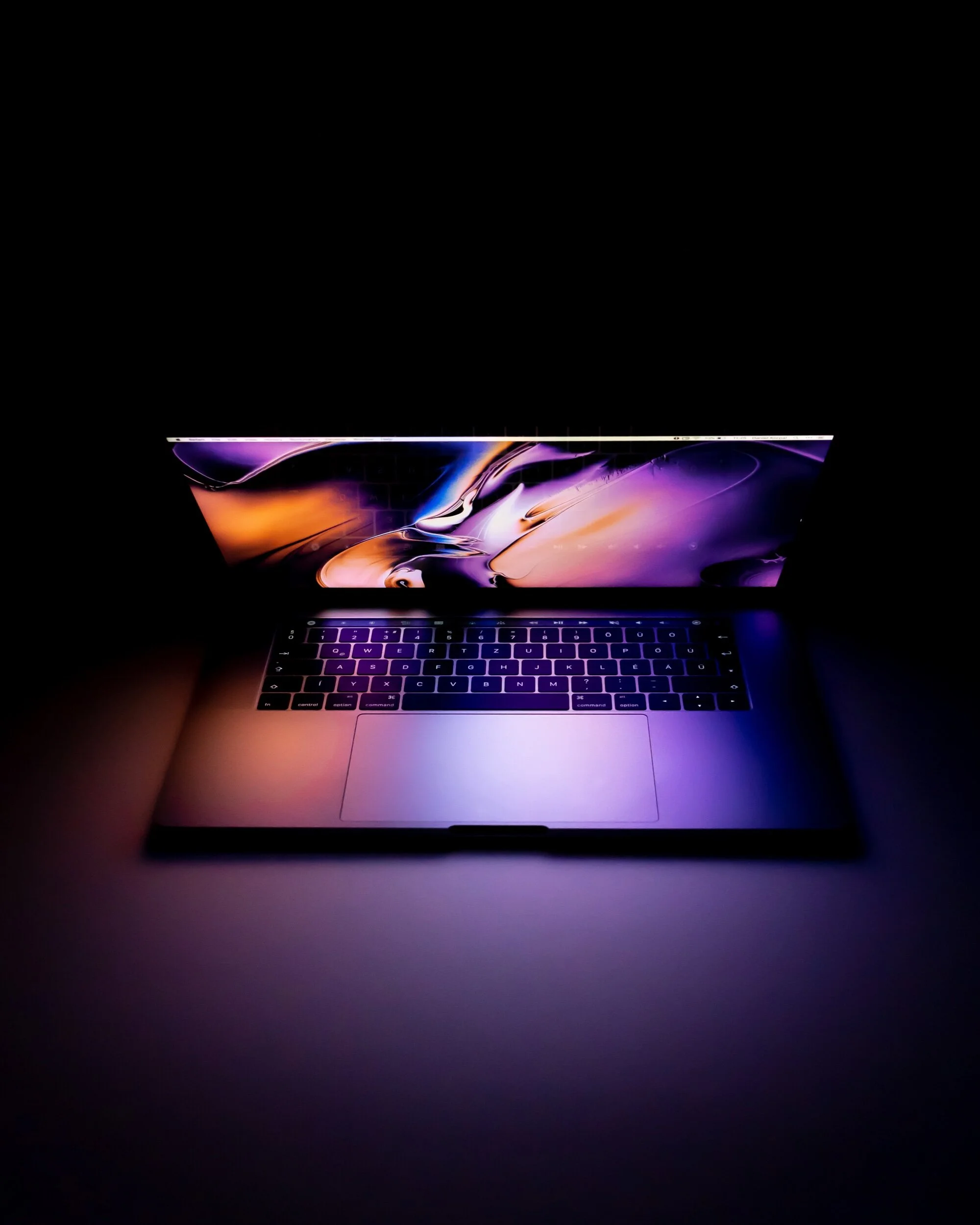Vortrag: Digitalisierung, Automatisierung und KI. Die Position der Data Science in den Kultur- und Geisteswissenschaften
Die rasanten Fortschritte in den Bereichen der Digitalisierung, Automatisierung und Künstlichen Intelligenz (KI) haben die Forschungslandschaft der Kultur- und Geisteswissenschaften grundlegend verändert. Dieser Vortrag beleuchtet die zunehmende Bedeutung der Data Science in diesem Kontext und ihre Position als zentrale Schnittstelle zwischen traditionellen geisteswissenschaftlichen Ansätzen und modernen Technologien.
Der Vortrag erkundet die vielfältigen Chancen der Datennutzung zur Analyse und Interpretation kultureller Phänomene. Der Fokus liegt auf der Veränderung der Rolle der Geisteswissenschaften in der digitalen Ära.
Die Digitalisierung ermöglicht nicht nur den Zugang zu einer Fülle von Forschungsmaterialien, sondern erfordert auch ein neues Selbstverständnis des Faches. Die Automatisierung von Prozessen und der Einsatz von KI-Technologien bieten das Potenzial, Forschungszeiten zu verkürzen und neue Erkenntnisse zu gewinnen. Dabei müssen jedoch auch ethische Fragen und methodische Grenzen berücksichtigt werden.
Schließlich werden die Auswirkungen der aktuellen technologischen Entwicklungen auf die Geisteswissenschaften untersucht, einschließlich des Einflusses von Smartphone-Technologie und dem Internet auf die Datengenerierung. Dieser Vortrag lädt dazu ein, die sich wandelnde Landschaft der Kultur- und Geisteswissenschaften zu erkunden und die Position der Data Science als treibende Kraft für Innovation und Erkenntnisgewinn in diesem Bereich zu betrachten.

